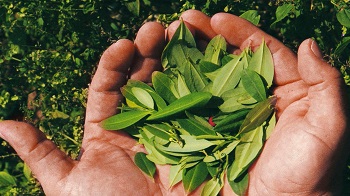Critical review of the current classification of the coca leaf
By PPO Abogados

In July 2023, the World Health Organization (WHO) received a formal notification requesting that the Expert Committee on Drug Dependence (ECDD) conduct a critical review of coca leaf to consider its status within the 1961 Single Convention on Narcotic Drugs.
As such, the ECDD Secretariat is responsible to collect and assemble data on coca leaf, and prepare a scientific review report that will be used by the Expert Committee in its assessment of individual substances.
The critical review report in itself is not intended to make a recommendation on scheduling of the substance, but rather to present available robust evidence on the areas needed for evaluation. In this regard, WHO is currently seeking authors in four scientific topic areas (pharmacology, toxicology, therapeutic use, epidemiology) to support the ECDD secretariat in preparation of the critical review report on coca leaf, which will be conducted in October 2024.
Bolivia has a complex relationship with coca leaf. While it's a traditional and culturally significant crop in the Andean region, it's also associated with the production of cocaine. The country has struggled to balance its cultural heritage with international drug control regulations.
Bolivia has long advocated for the recognition of coca leaf as a cultural and agricultural product. It has argued against its criminalization and sought to decriminalize its cultivation and use for traditional purposes.
If the WHO were to downplay or decriminalize coca leaf, it could improve the investment climate in Bolivia as investors might be more willing to allocate resources to sectors like agriculture, tourism, and manufacturing if they perceive a reduced risk associated with the country's drug trade.
A more favorable WHO position could also lead to a decrease in the perception of Bolivia as a high-risk investment destination. This could attract more foreign direct investment (FDI) and stimulate economic growth.
